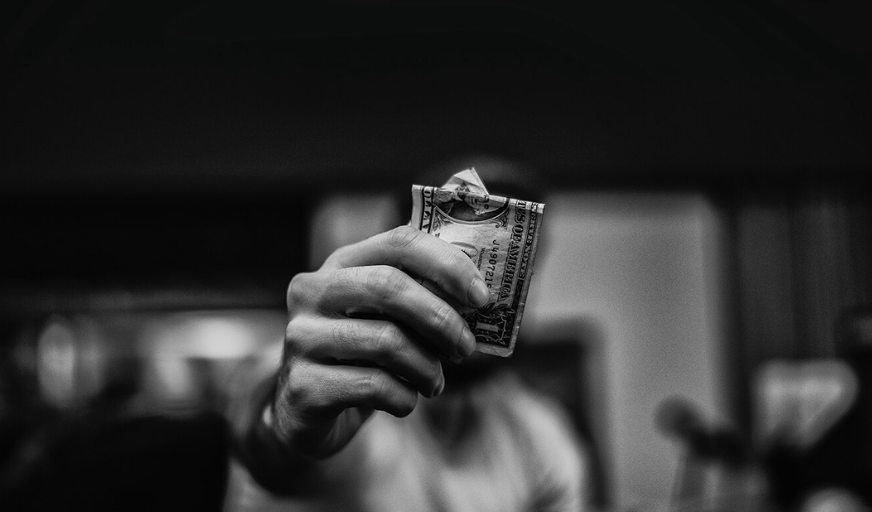Today is the NFL draft. An event where athletes patiently wait to receive a call they have been dreaming of since starting their journey to this moment. Simply making it to the NFL draft (being in consideration) is a win in itself. With this in mind, I wonder how pivotal the role of luck plays in athletes who become pros and the ones that do not.
Are talent scouts truly exceptional at accessing and judging future NFL stars? Or are they influenced by mounds of data (noise) that provide them delusional confidence in their decisions? Some studies regarding the NFL draft show that first-round quarterback picks are usually a poor investment decision, yet we still find this to be common practice.
However, I don’t find these studies too beneficial. Instead, I am curious how NFL teams can reframe their perspective to limit the cost of a poor early draft pick, (IE: a first-round draft pick being a total bust). Or how can NFL teams take thoughtful chances on players that are overlooked or undervalued? Moneyball for the NFL. For example, how do NFL teams take more Tom Brady chances? Or better yet, how many Tom Brady’s never got a chance?
Looking at Tom Brady’s statistics, I genuinely wonder how lucky he was to get drafted based on what talent scouts evaluate in professional athletes. At the polar opposite spectrum, we have Tim Tebow, who looked like a bulletproof draft pick. Arguably one of the best college players ever with a great attitude, incredible athleticism, likable personality, a team player, a true leader, and genetically gifted. Yet his tenure in the NFL was short-lived. How unlucky was that? If we could clone Tim Tebow every year and draft him 100 times, what is the probability he has a successful career in the NFL? I don’t know the answer, but I am pretty sure I would draft him 100 times. He is someone I think was extremely vulnerable to randomness and being unlucky. What if Tebow was drafted by the Patriots and mentored under Tom Brady? Could he of been better than Jimmy Garoppolo?
We will, of course, never know how the alternate paths of history would have played out, but it puts in perspective the power of luck and randomness.
I don’t think that talent scouts or anybody for that matter are experts at selecting and judging talent, because talent itself is complex and dynamic. Luck is a significant factor but doesn’t get the attention required in assessment. Given the influential power of randomness, I believe talent scouts (or anyone selecting talent) fall into the trap of being overconfident and expose themselves to a high level of consequences of error because of it. I do believe that with a shift in perspective, we can use the environment of randomness to hedge our bets to not be impacted too severely by the effects of randomness and luck. That is giving more Tom Brady’s an opportunity.
For example, if I had the number 1 draft pick in this year’s NFL draft, I would not draft Burrows unless I had a strong offensive line and a great coaching staff. Usually, if you have the number 1 pick, your team is pretty bad. So why not hedge your bet and trade the draft pick for tried and true NFL players and for late-round draft picks. Where instead of drafting one player you can draft 3-5 players. If one of those players works out and becomes a stud, then you win vs. putting all of your eggs in one basket. The former works with randomness and luck; the latter is being overconfident in judgment and selection abilities.
This is a pretty straightforward idea that still requires a lot of thought. However, after being heavily influenced by Nassim Taleb’s philosophy from Incerto, I believe talent scouts’ overconfidence (and lack of respect for randomness and luck) leaves them in positions of being vulnerable to high consequences of error.




